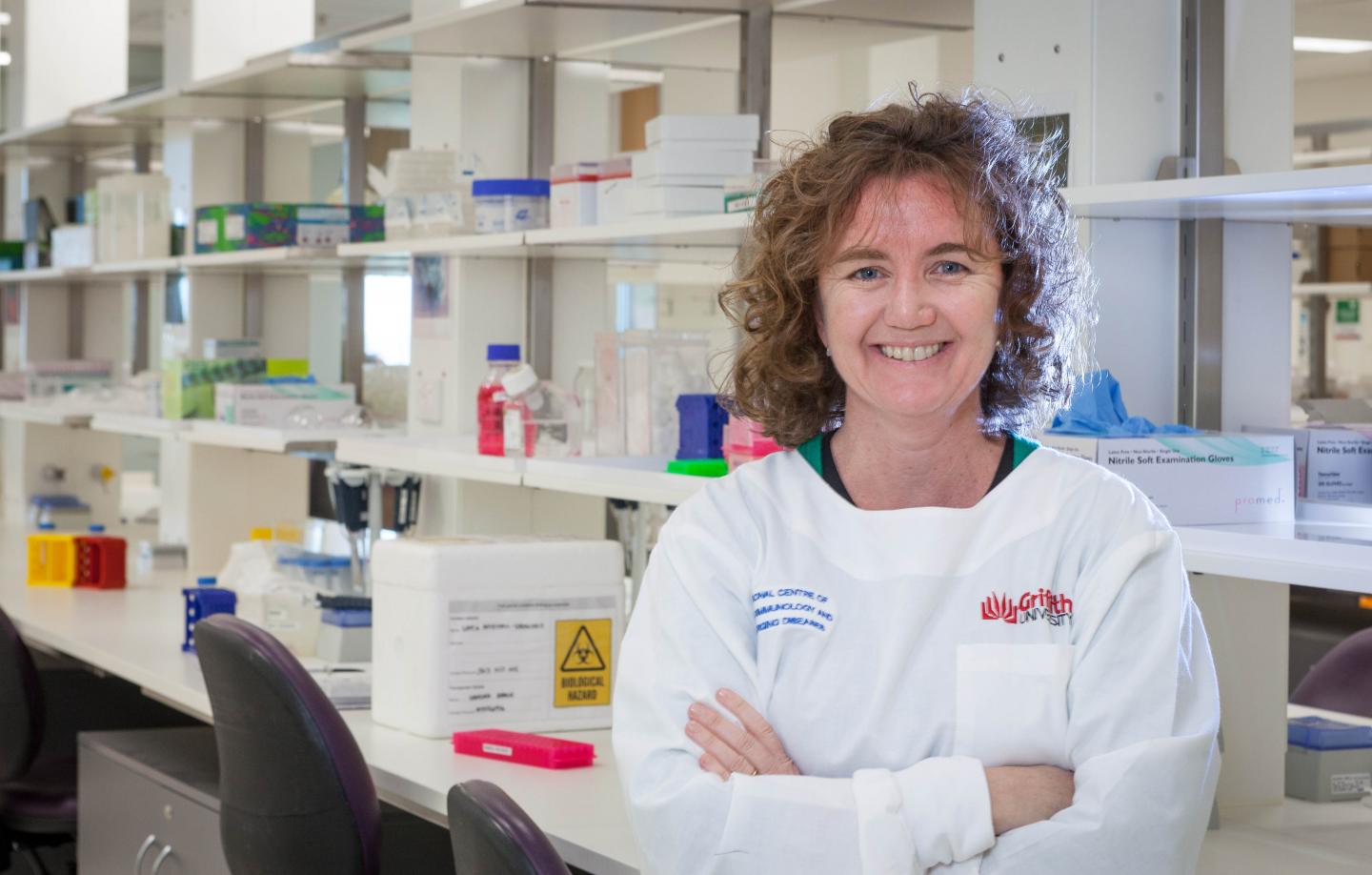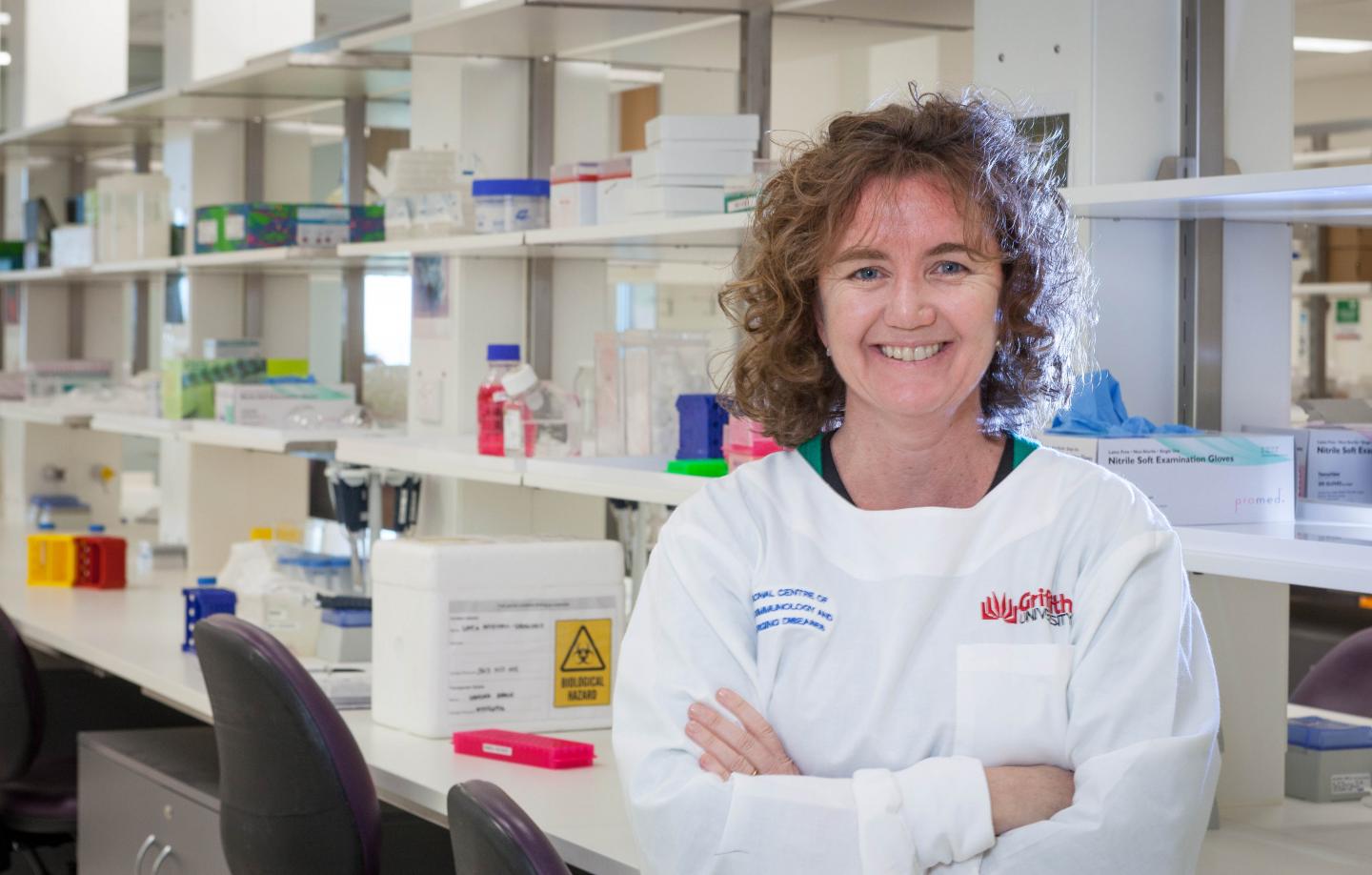
New findings regarding the pathology of Chronic Fatigue Syndrome (CFS) are bringing Griffith University researchers closer to identifying the cause of this disabling illness.
This is the news from a team at the National Centre for Neuroimmunology and Emerging Diseases at the Menzies Health Institute Queensland.
Professors Marshall-Gradisnik and Don Staines and their research team have identified significant impairments in cellular function of people with CFS.
CFS – sometimes known as ME (myalgic encephalomyelitis) – is a complex illness characterised by impaired memory and concentration, metabolic, cardiac, gut and immune dysfunction and debilitating muscle pain and fatigue on exertion (also known as neuroimmune exhaustion).
It is estimated that the prevalence rate of CFS/ME worldwide is between 1 and 2 per cent.
“While the patho-mechanism of CFS/ME is unknown, these recent findings by NCNED researchers provide further evidence for the pathology of this illness,” says Professor Sonya Marshall-Gradisnik, who speaks as we approach International CFS Awareness Day on Thursday May 12.
Published in the Journal of Translational Medicine, the results report significant differences in intracellular signalling of cells with CFS patients.
“In this group, we see that dysfunctional signalling may contribute to impaired cell activity. These findings are consistent with our previous findings and align with the presentation of symptoms in patients,” says Professor Staines.
The current research findings build upon recent discoveries including novel identification of key genetic changes in cells of the immune system.
The NCNED – internationally recognised for research into CFS/ME – will present a seminar on current research findings on this disease on International CFS/ME Awareness Day, Thursday May 12 at Griffith University, Gold Coast Campus, commencing 1pm, location G17, Lecture theatre 3.
Griffith University will also be illuminating the Griffith Health Centre in blue to further help raise awareness for CFS/ME.
###
Media Contact
Louise Durack
[email protected]
041-964-9516
@Griffith_Uni
http://www.griffith.edu.au
The post Further clues in the fight against Chronic Fatigue Syndrome appeared first on Scienmag.





